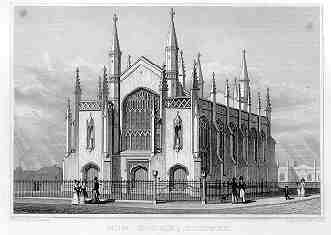
November 30 is the 334th day of the year (335th in leap years) in the Gregorian calendar. There are 31 days remaining until the end of the year.
On this day, 1940 - Lucille Ball marries Desi Arnaz in Greenwich, Connecticut.
The picture (right) of their 10th anniversary is both poignant and nostalgic. Lucy would say, years later, that Desi was the love of her life. They both stated that they never stopped loving each other. Desi's attitude towards marriage came from a strong Cuban background where the men led an "active" life outside the bonds of matrimony. Lucy being a traditional American woman, could not accept such a lax attitude towards monogamy. Love, however, could not be easily extinguished. Apart, they could finally find peace. Sharing their two children, Lucy and Desi, kept them emotionally close for the rest of their lives. They will be remembered for the joy they brought into countless lives through music and comedy. The world will never forget them.




